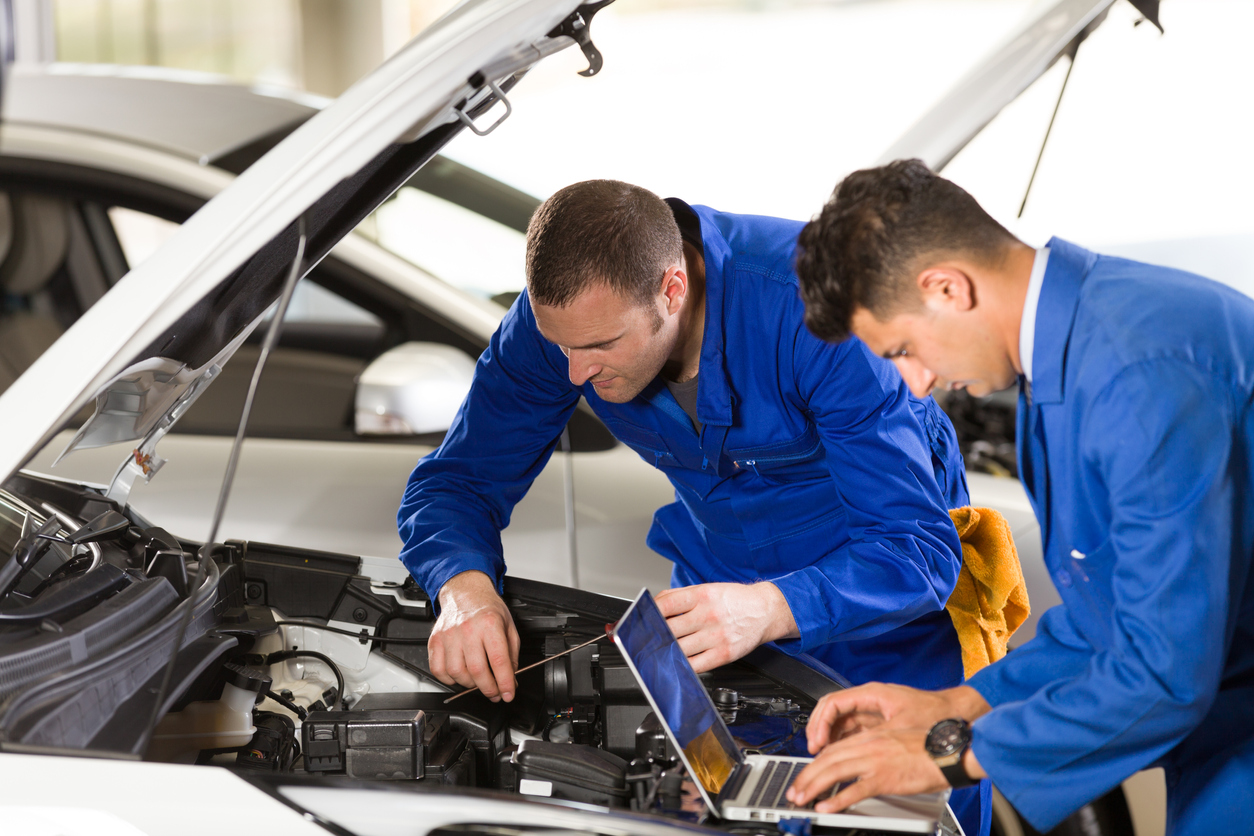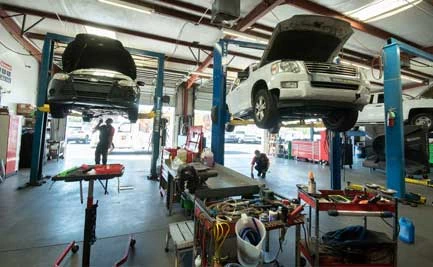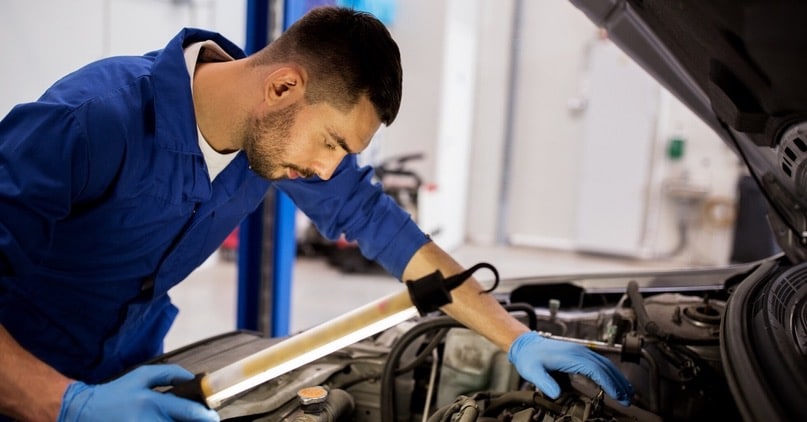All Categories
Featured

When it comes to vehicle maintenance, the brakes are perhaps one of the most crucial system for ensuring your security. Your brakes should operate efficiently to stay clear of accidents and react swiftly in emergencies. Routine brake evaluations are vital to keeping your stopping system in top condition. Understanding when and exactly how to inspect your brakes can save you from dangerous scenarios and pricey repair services down the road. Below's an overview to assist you remain on top of brake examinations.
- Why Brake Assessments Are Critical. Brakes are developed to use down gradually, but without regular evaluations, you may not notice when they end up being less reliable. A defective brake system can cause major mishaps, raised repair service prices, and also the need to change other car parts.
Brake evaluations not just help you catch potential problems before they escalate, but they additionally enable far better braking efficiency, raised vehicle lifespan, and enhanced safety.
- Identifying Warning Indications for Brake Problems. While regular evaluations are vital, you do not need to wait until your cars and truck's next browse through to the auto mechanic. Expect these caution indications that might suggest it's time for an examination:
Unusual Noises: A piercing screech or grinding sound when applying the brakes often indicates that the brake pads are used down or damaged. Soft or Mushy Brake Pedal: If the brake pedal feels soft or squishy when pushed, there may be air or dampness in the brake lines, or the brake fluid may be low. Pulling away: If the automobile pulls to one side while braking, it can suggest uneven brake pad wear or a hydraulic problem in the brake system. Resonance in the Wheel or Pedal: If you experience resonance or pulsation when stopping, it might signify distorted blades or uneven brake pad wear. Raised Stopping Distance: If it takes longer than usual to bring your car to a quit, it might be time to examine the brake pads, liquid levels, or rotors. If you observe any one of these indications, it's best to have your brakes examined instantly by an expert.
- Trick Components Checked Throughout a Brake Inspection. During a brake examination, a certified technician will certainly analyze several essential parts of the brake system to guarantee they're working correctly. Several of the most vital parts to inspect consist of:
Brake Pads: These are the rubbing product that presses versus the brake blades to decrease the lorry. In time, the brake pads use down and require replacing. Brake Rotors: Blades are the metal discs that the brake pads clamp down on. They need to be smooth and totally free of deep grooves or splits. Brake Fluid: The brake liquid transfers the pressure from the pedal to the brakes. Low liquid degrees or old, infected fluid can bring about poor braking efficiency. Brake Lines: Brake lines lug liquid from the master cyndrical tube to the brake elements. They must be examined for leaks, splits, or damages. Brake Calipers: These clamp the brake pads onto the rotors. They must remain in great working order and totally free of leakages. On a regular basis examining these components guarantees your braking system works smoothly and helps you prevent dangerous driving scenarios.
- Exactly how Typically Should You Obtain Your Brakes Checked? The frequency of brake inspections relies on your driving routines and the sort of vehicle you have. As a general guideline, it's suggested to check your brakes at the very least yearly or every 12,000 miles. Nonetheless, if you drive in hefty traffic, frequently bring hefty loads, or drive on hilly terrain, even more frequent evaluations might be necessary.
It's likewise an excellent idea to have your brakes evaluated if you notice any of the warning signs pointed out earlier, as this can stop more serious problems.
- The Expense of Disregarding Brake Inspections. Neglecting normal brake examinations can bring about serious effects. Used brake pads, harmed blades, or low brake liquid can trigger your braking system to fail when you need it most. Along with the safety and security dangers, disregarding brake upkeep can cause costly repair services in the future.
For circumstances, if the brake pads are not changed in time, the damages could reach the blades, leading to the need for blades replacement-- a costly repair. By organizing regular brake evaluations, you can avoid these pricey repairs and keep your braking system in good problem for longer.

- What Occurs Throughout a Brake Assessment? An expert mechanic will certainly perform a comprehensive examination of your automobile's stopping system, consisting of inspecting for the following:
Brake Pad Density: Brake pads require to be replaced when they have worn down to a specific thickness. Blades Condition: The technician will certainly inspect the blades for signs of wear, warping, or racking up. Brake Liquid Degree: Reduced brake fluid can influence braking performance. The mechanic will check the fluid level and renew it if necessary. Brake Line Stability: The brake lines will certainly be examined for any type of leaks or splits that could compromise the brake system. As soon as the evaluation is complete, the auto mechanic will inform you of any kind of necessary fixings or replacements.
Conclusion: Stay Safe with Normal Brake Inspections. Your brakes are necessary to keeping you and your travelers safe when traveling, so regular brake inspections should never be overlooked. By taking note of warning indicators, organizing periodic brake checks, and dealing with concerns promptly, you can guarantee that your brakes are always in leading form.
Don't wait up until your brakes fall short-- stay aggressive regarding brake upkeep. A little financial investment in brake inspections today can save you from pricey repair services and unsafe scenarios in the future.
Latest Posts
Check Out the Best Auto Repair Discounts in Montclare, Chicago
Why Chicago Drivers Select Montclare Auto Repair for Reliable Service and Significant Savings
Find Out How WyHy Federal Credit Union Saves You Money on Loans and Savings
More
Latest Posts
Check Out the Best Auto Repair Discounts in Montclare, Chicago
Why Chicago Drivers Select Montclare Auto Repair for Reliable Service and Significant Savings
Find Out How WyHy Federal Credit Union Saves You Money on Loans and Savings
